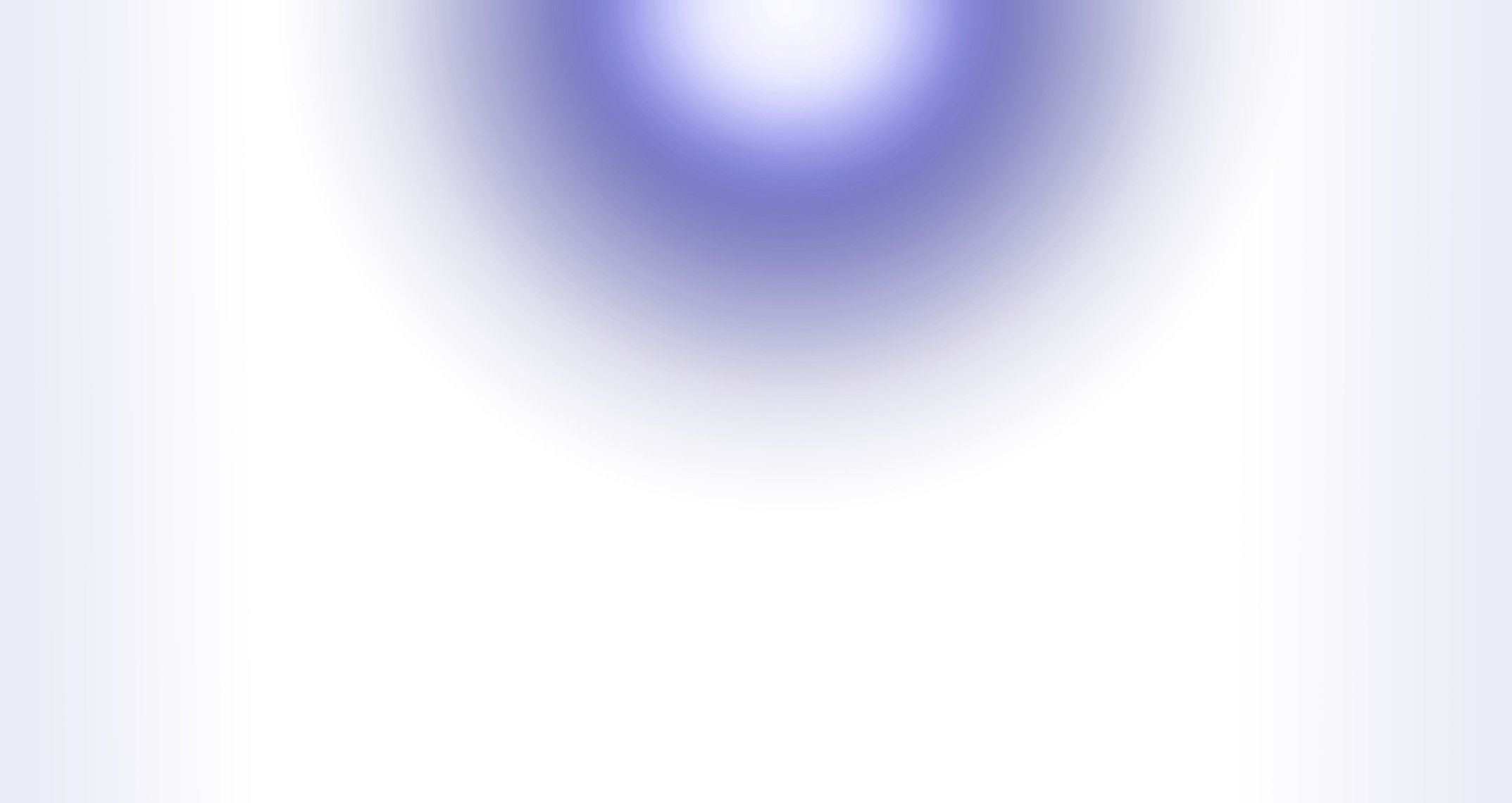
poetry
General Statement
The poetry tastes of the Safe Space editors are inclusive: formal, free verse, ekphrastic, aphoristic, lyric, confessional, narrative, unlineated, surrealist, regional, global, political, light verse, mythic, didactic, representational, impressionistic, imagistic, symbolist, and so on. We ourselves tend to write, for whatever it might be worth to potential submitters, “literary” poetry meant mainly for the page.
Although we read too many submissions to provide detailed feedback to each submitter, we do believe in commenting on certain promising poems, even ones that we turn down. Our typical gesture, rather innocuous and reflecting our inclusivist sensibility, is to remind submitters that there are viable poetic styles and devices foreign to their own. If a submission buzzes with concrete particular after concrete particular, for instance, we might remind the poet that, while obeying Pound’s dictum to flee from abstraction is prudent (especially in the publishing landscape of today), poetry can embrace concepts too: humans are, after all, heady creatures who do math and logic, and who are cured by mere placebos, and who can quell their road rage by wearing a promise bracelet, and who find it important to discuss the forms that particular things exemplify without being distracted by the particular things themselves). We might remind poets, even if they are committed imagists (and so aim to present the world through sense objects stripped of meaning imposed by emotionally-interested humans), that incorporating some of the intellectual registers of life, as is more so aligned with the symbolist poetics of Eliot and Stevens, in the least can make the images they so care about pop in contrast.
Statement from M. A. Istvan Jr., poetry co-editor
The poems that grab my eye prioritize accessibility, opacity, and economy (think Williams) as well as depth, irreverence, and humor (think Stevens and Frost). My patience diminishes, I will admit, around pieces that merely appear to be surreal, that are experimental merely for the sake of jarring the reader with profound-sounding oddness. Most congenial to me is poetry that, while transparent at the level of expression, concerns deep matters and so demands rereading and meditation (think Dickenson)—poetry, in short, that is difficult because of its content more so than because of its exotic allusions or zany structures or peculiarities of grammar (or other such devices that muddle the content and call too much attention to themselves). Over the years I have grown fond of aphoristic poetry (which is, in fact, more and more the sort of poetry I write), where whole books seem condensed into a few lines (think Nietzsche or Emerson).
Statement from A. D. Aliano, poetry co-editor
Poetry that, without requiring college-educated readers to do intricate library research, draws unexpected associations between drastically different phenomena (and thereby can have the effect of showing the familiar to be exotic, and vice versa) has a special place in my heart (think Pound). What often impresses me is, in particular, sustained metaphor, “conceit”: complex and protracted kinship-disclosive comparisons between things that appear to differ drastically (think Donne). I do enjoy poetry that memorializes vanishing ways of life and spaces (towns, for example, gentrified due to the influx of Hitlerjugend-haired hipsters). Cerebral as our own poems can be, we have a soft spot for poetry that risks, however much workshops preach against it, tipping over into sentimentality (think Kooser).
Special Calls for Poetry
Creative writing magazines today tend to eschew both philosophical poetry and transgressive poetry. Safe Space Press, ever concerned with keeping the possibility of diversity alive, sees it as its duty to ensure that the circumference of what we call “poetry” does not shrink so much as to shut out two approaches that, although now considered heterodox, have rich lineages (with figures ranging from Parmenides, Lucretius, Dante, Goethe, Stevens, and Eliot, on the one hand, to Lautreamont, Rimbaud, Baudelaire, Frank Stanford, Bukowski, and Denis Johnson, on the other). Consider the following to be nascent drafts of my call for submissions.
Philosophical Poetry
Philosophical poetry is notoriously difficult to define. “Poetry” and “philosophy” are themselves, after all, notoriously difficult to define. Speaking safely, we could describe it as writing that utilizes standard poetic devices to explore the standard topics of philosophy: logic, knowledge, causation, time, mind-body relation, free will, God, ethics, beauty, and so on. More rigorously, although no doubt too broad for some and too narrow for others, philosophical poetry is poetry that contemplates the deepest questions of reality—reality in the broadest sense (and so not necessarily just empirical reality)—while at the same time not only prioritizing (whenever push comes to shove at least) thought and concept and intellect and what the word-paint conveys over sound and look and emotion and the word-paint itself, but also containing one or more characteristics from the following non-exhaustive and sometimes-overlapping list: (1) overt meaning and clarity in order to block misinterpretation and ambiguity; (2) abstract language, both myopic (“candy-apple redness”) and panoptic (“being itself”); (3) logically-coherent proofs in support of theses; (4) commentary or criticism or evaluation of concepts (whether it be the “deep” concepts of philosophy like “Dasein” and “soul” or the everyday concepts we use to organize our lives like “trans” and “alt-right”); (5) didactic intent (that trumps, when push comes to shove at least, the desire to entertain).
Few journals beyond those with a religious theme welcome philosophical poetry. And that is understandable. Poetry with overt meaning presented through nonsensuous abstractions, poetry that emphasizes clarity and coherence in defending some thesis, poetry concerned with sussing out with geometric sobriety both the incongruities of human life and the deepest problems of reality in the deterministic tone of a mathematician, is typically considered “bad” poetry (if poetry at all). To be sure, philosophical poems do not have to be stripped of ambiguity and emotion and images or predominantly involve logical rigor applied to abstractions. Many of the great historical examples of philosophical poems, however, do have such features. So it would be nice, if only to push back against the mainstream demand that poetry be ambiguous and open-ended and visceral and emotive (Dionysian, we might say), to see the best of the most Apollonian sorts of philosophical poetry.
Transgressive Poetry
Few venues, we are talking even on the dark-web rungs of reputability, provide homes for transgressive writing. That is to be expected in our current climate. An all-too-HR agenda to niqab reality in the mediocritizing name of fostering trigger-minimal (and so growth-minimal) “safe spaces” has metastasized beyond office watercoolers and Christmas parties, into comedy clubs and literary magazines and even into one of the primary furnaces of self-improvement—the very place where citizens go (well, used to go) precisely to be unsettled: the university classroom! The conviction that humans have a right not to be unsettled, which has spread from campuses through social media to the world at large (innocent countries too), is now championed (read: lucrative) enough that professors—forced to allow students to opt-out of triggering readings (such as ones telling of the Holocaust or of whatever the power-havers, flouting the subjective nature of triggers, deem a true trigger)—can be fired for teaching the Chinese word for “um” (since, yes, it sounds perilously close to the n-word).
No wonder, in light of such an assault on the freedom to express our humanity, that the term “transgressive literature”—even on rare instances when lit mags insist they want it, “want it to kick us in the gut”—has been coopted by what is, in flagrant truth, an anti-transgressive program. “Transgressive literature” is now, in a twisted perversion, code for written signals and pledges—done, no doubt, in a boundary-pushing way (there remains that tendril of a link to transgression)—of fidelity to orthodoxy. Transgressive literary works are, in short, militant HR-memos. Such memos, reliably titled—and with no hint of irony—“How To Be Inclusive and Not Offend,” “How To Promote Diversity,” or so on, push HR’s due-process-less cancellation plan to its extreme, demanding that readers—lest they be unwoke—join in on shaming, censoring, silencing anyone even alleged to be associated with anyone even quoting the expressions of someone—and, yes, that someone can be a literary character—who merely seems guilty of “wrong think.”
Under the banner-pretense of protecting vulnerable groups from brutal violence, lit mags seem on the cusp of compelling submitters to swear that none of their art, not just their submission, is—what is that crooked watchword?—“problematic”: has a trans character that gets murdered, or animal abuse, or cuisine nonnative to the author, or misogyny, or statistics that (however uncontroversial) those on the margins—well, at least as reported by their privileged protectors (no longer always lily white)—would find unsettling.
How nice it would be—if only to thicken skins and nurture a space diverse beneath skins, where we feel empowered to voice the deepest nuances of our humanity in the nude (and so, yes, even without the ever-expanding and ever-thickening filters of social media)—to see the best, the most literary, of the most unsettling examples of truly transgressive writing: outsider, subversive, unspeakable—think: Bataille or de Sade or, for a more subtle contemporary example, Nami Mun.
As a further reference, please consider the following poem, which concerns a “normal” man’s socially-induced shame about loving a Down-syndrome girl, and the ways he had mistreated her in the past, when they both were children, precisely because of such shame.
Submit
Magazine
Books
fiction
General Statement
<forthcoming>
Statement from M. A. Istvan Jr., fiction co-editor
<forthcoming>
Statement from Mary Fritz, fiction co-editor
<forthcoming>
Special Calls for Fiction
<forthcoming>
Submit
Magazine
Books
Nonfiction
General Statement
<forthcoming>
Statement from M. A. Istvan Jr., nonfiction co-editor
<forthcoming>
Statement from Ernie Loezzer, nonfiction co-editor
<forthcoming>
Special Calls for Nonfiction
<forthcoming>

FAQ
submission


I could never have known so well how paltry men are, and how little they care for really high aims, if I had not tested them by my scientific researches. Thus I saw that most men only care for science so far as they get a living by it, and that they worship even error when it affords them a subsistence. In belles lettres it is no better. There, too, high aims and genuine love for the true and sound, and for their diffusion, are very rare phenomena. One man cherishes and tolerates another, because he is by him cherished and tolerated in return. True greatness is hateful to them; they would fain drive it from the world, so that only such as they might be of importance in it. Such are the masses; and the prominent individuals are not better.”—Goethe (Conversations with Eckermann)











